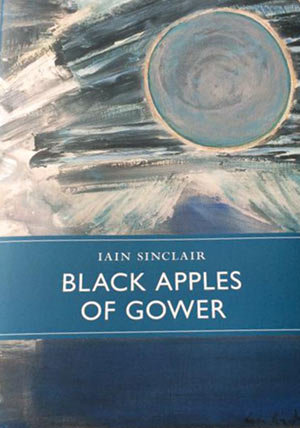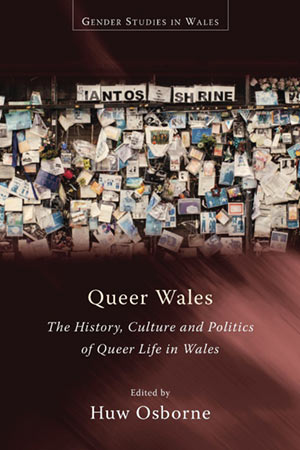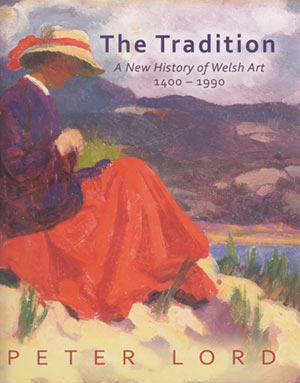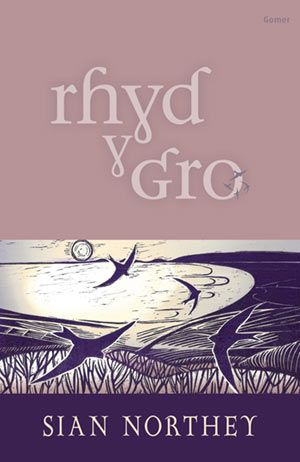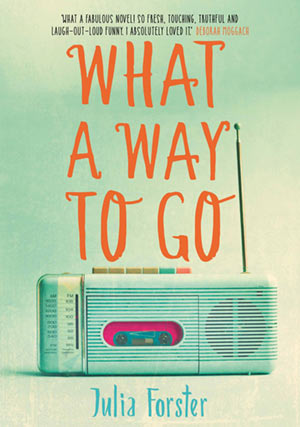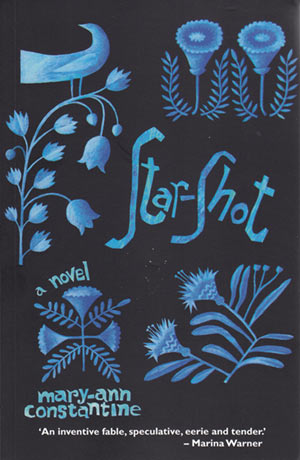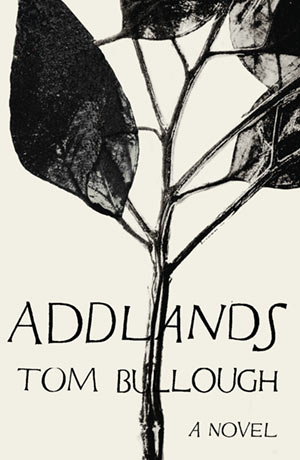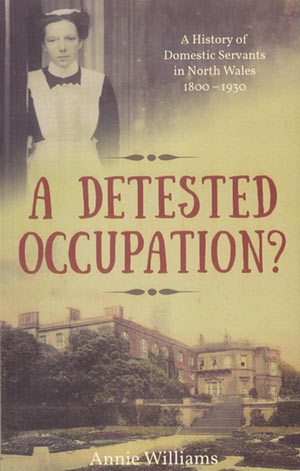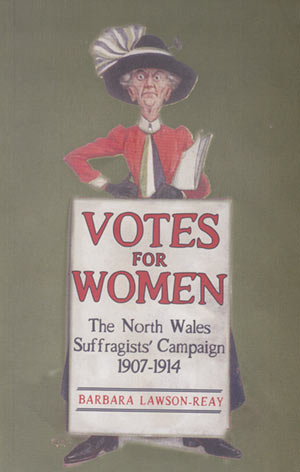Aled Gruffydd Jones interviews Syriza's Minister of Culture Aristide Baltas, who reveals how Greek citizens are reclaiming their ancient heritage in the name of radical democracy and internationalism, and offers inspiration for how other nations could expand cultural provision in the face of severe austerity.
Read moreAngharad Gwilym and Ted Parry explore long-established links and potential alliances between Wales and Liverpool in the face of the depredations of the British state. Could this English 'Celtic' city contribute to an imminent break-up of British culture?
Read moreTryweryn, a poem by Jonathan Edwards
Read moreSlavery, including child slavery, exists across Wales. The Welsh Government Anti-Slavery Co-ordinator, Stephen Chapman, explains how citizens have an important role to play in making Wales hostile to this heinous crime.
Read moreSteve Gough revives the voices of Welsh child miners whose testimonies of exploitation contributed to a landmark piece of Victorian social reform. Was this the first and last time children's voices in Wales were heeded so extensively?
Read moreA Welsh Government policy priority of wellbeing is under threat from intensified austerity. In a climate where workers are increasingly burdened by job insecurity, overtime and a punitive benefits regime, Frances Williams details the vital importance of rest for the imagination and artistic production, and has a unique proposal for burnt-out creative workers…
Read moreOur series Retracing Wales offers creative responses to the Wales Coast Path which lead us far astray from the tourist script. In this issue, a 19th century asylum inmate has an extraordinary vision of a future Wales in a new short story by Mary-Ann Constantine set in Amroth, Pembrokeshire.
Read moreAnthony Brockway is transfixed by the womanly gaze of Christ in Majesty, the sculpture in Llandaff Cathedral by the controversial artist Jacob Epstein, and reveals the story behind its ambiguous features, before travelling to Manhattan in search of its glamorous twin...
Read moreOur Welsh Keywords offers contemporary perspectives on the meaning of words in Welsh, inspired by Raymond Williams’ Keywords. In this issue, Rowan O’Neill explores the contradictory strains and liberating potential of cymysgrywedd/hybridity, writing as a Welsh-speaking woman and descendant of English incomers living in bilingual Wales.
Read morePoem, The Promise of Happiness (IV) by Zoë Brigley Thompson
Read moreAs Brexit threatens to cut off Welsh ties with the continent, Meic Llewellyn introduces the Tosta project which binds together stateless nations and minoritised languages including Wales, Scotland, Ireland, Cornwall, the Basque Country, Galicia and Friesland.
Read moreEllen Bell is marvelled by a new exhibition at Oriel Davies which displays the work of ‘outsider artists’ from margins of society around the world. But do shows such as these exploit those who have chosen to remain outside the art market?
Read moreIntroduction to our book review section, by our Guest Book Review Editor, Mike Parker
When the political landscape is as gruesome as it currently stands, creativity is needed more than ever. In this selection of books under review, that creativity takes us on welcome journeys both literal and metaphysical. We time travel in Radnorshire, Wales’ most ethereal county, with Tom Bullough; tiptoe through a dystopian Cardiff with Mary-Ann Constantine; lose ourselves in a palimpsest on the coast of Gower in the company of Iain Sinclair, and the ghosts of Ceri Richards and Dylan Thomas; dig down into microcosmic fictions that bloom into universal truths alongside Sian Northey and Julia Forster.
Even as the forces of hell try and suck out our lifeblood, there remains magic in the air. There always is. Art and pluralism are the eternal, the only antidotes to bigotry and bullshit; we need to know and absorb their chronicles. Here we take a long and luscious look at Welsh visual culture over six centuries with master curator Peter Lord, and pull back the curtain on the hidden histories of Queer Wales. Equality remains the goal.
When we look, as we do here, at the past struggles of Suffragists and Victorian servants in Wales, we see how much we have advanced, but also how far we have still to go. And that the danger of regression is stronger now than it has been for very many decades.
This is not reading as escapism. It is literature to better equip us for the fights ahead.
Mike Parker is a travel writer and broadcaster. His most recent book, The Greasy Poll, recounts his campaign with Plaid Cymru to be elected MP for Ceredigion.

